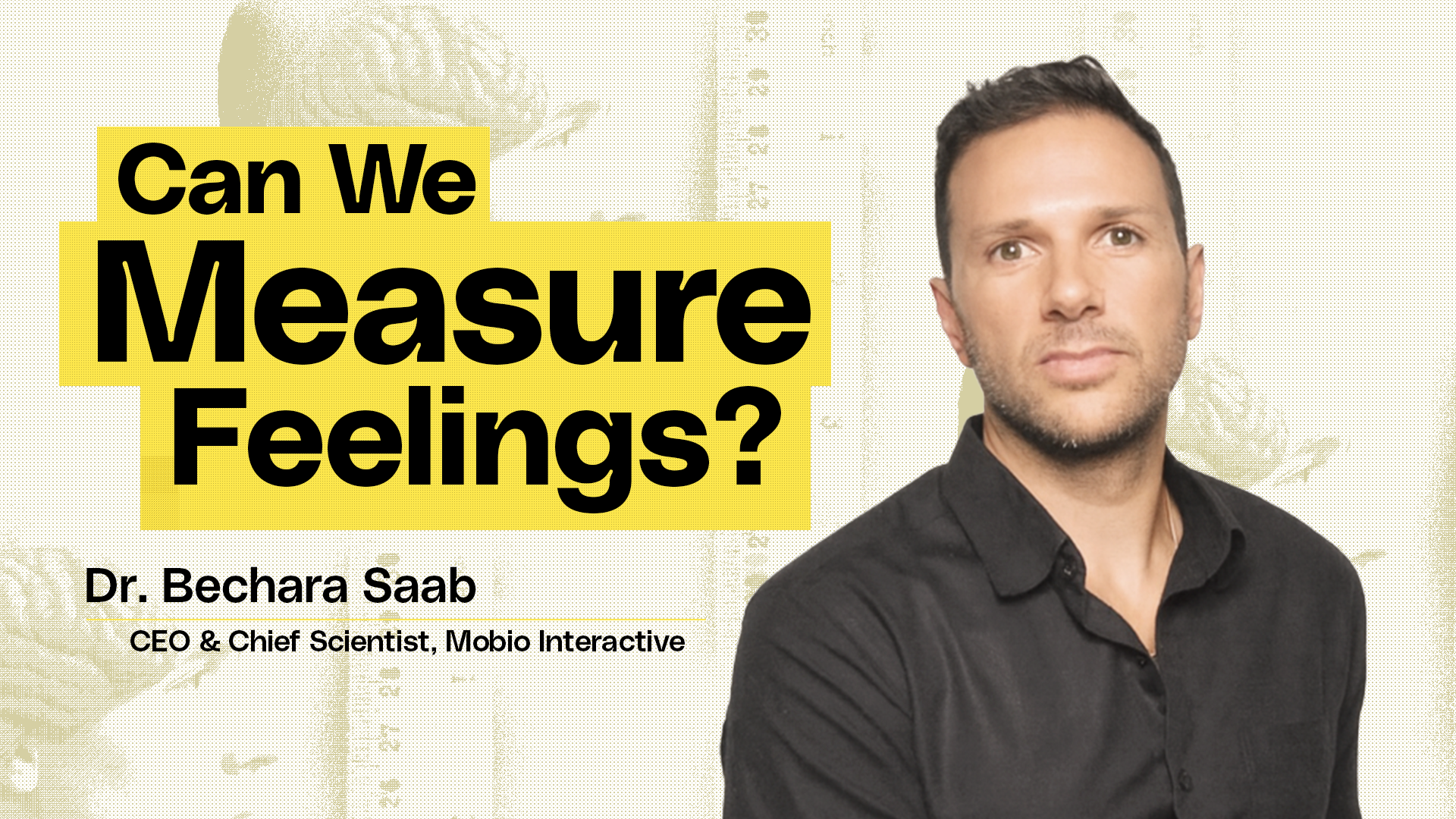

Misinformation has had a greater impact on society now than ever. Misinformation is likely to spread faster, decrease the intent to vaccinate against disease, and lead to unnecessary deaths in developing nations dealing with AIDS.
In this new digital age, science communicators have to combat misinformation in a multitude of ways. But what is the “best” way to combat misinformation?
Research on climate change denialism gives us some clues on an effective strategy for dealing with misinformation online. Researchers dubbed this “inoculation” or prebunking, this involves introducing people to counterarguments before they encounter misinformation.
The idea comes from evidence suggesting prior beliefs and attitudes influence how we interpret and act upon the information. Hopefully, showing people why misinformation related to a topic is inaccurate can protect them from falling for that false information later.
An analogy would be getting vaccinated against a disease. The purpose of a vaccine is to introduce your immune system to a weaker version of whatever virus is of concern, this leads to immunity from that virus when dealt with in the future.
Similarly, by introducing people to misinformation coupled with why that misinformation is wrong we can build up mental immunity towards the misinformation later.
In one experiment, researchers showed one group the consensus statement regarding human-driven climate change and introduced the concept of false balance before showcasing misinformation related to climate change. For clarification, false balance refers to when journalists try to portray an issue as being more balanced between opposing viewpoints than the evidence supports.
A second group was shown the consensus statement followed by the misinformation while a third group was just shown the misinformation. The group with the consensus statement and false balance information was more likely to accept the scientific consensus of human-driven climate change compared to the other groups.
What does this tell us? Empowering people to understand the techniques used in misinformation messaging while emphasising the agreement of scientists on related topics can decrease the effects of misinformation.
Science communicators can inoculate their audience against misinformation by confronting it head-on and describing why it is inaccurate in the first place. This can have a protective effect against the threat of misinformation online.
References:
Vosoughi, S., Roy, D., & Aral, S. (2018). The spread of true and false news online. Science (New York, N.Y.), 359(6380), 1146–1151. https://doi.org/10.1126/science.aap9559
Neely, S. R., Eldredge, C., Ersing, R., & Remington, C. (2022). Vaccine Hesitancy and Exposure to Misinformation: a Survey Analysis. Journal of general internal medicine, 37(1), 179–187. https://doi.org/10.1007/s11606-021-07171-z
Chigwedere P., Seage G. R. III, Gruskin S., Lee T. H., & Essex M. (2008). Estimating the lost benefits of antiretroviral drug use in South Africa. JAIDS Journal of Acquired Immune Deficiency Syndromes, 49(4), 410–415. Pmid:19186354
Don’t miss out
Don’t miss out!








